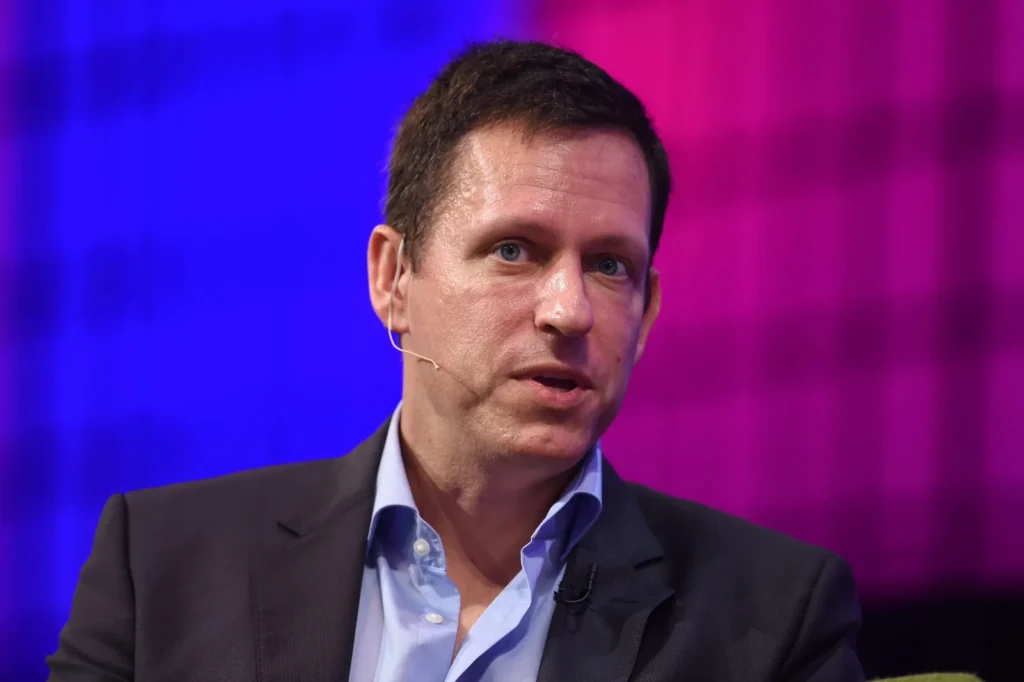Peter Thiel

Peter Thiel is one of the most influential figures in Silicon Valley, known for his unique perspective on technology, economics, and society. As a co-founder of PayPal and Palantir Technologies, and one of the first investors in Facebook, Thiel has left an indelible mark on the tech industry. His contrarian thinking, sharp intellect, and willingness to challenge conventional wisdom have made him both a successful entrepreneur and a thought leader.
Early Life and Education
Born in Frankfurt, Germany, in 1967, Peter Thiel moved to the United States with his family when he was just a child. He grew up in California, excelling academically. Thiel attended Stanford University, where he earned a bachelor’s degree in philosophy in 1989. He later went on to earn a law degree from Stanford Law School.
While at Stanford, Thiel was exposed to the ideas of libertarianism and developed a skepticism towards mass movements and majoritarian rule, which would later influence his entrepreneurial and investment decisions. After a brief stint practicing law and working in finance, he decided to pursue a career in technology, where his ideas about innovation and progress could flourish.
PayPal and the Mafia
Peter Thiel’s entrepreneurial breakthrough came in 1998 when he co-founded PayPal, an online payment company that revolutionized the way people transferred money over the internet. Alongside other tech luminaries such as Elon Musk and Max Levchin, Thiel built PayPal into a dominant player in digital payments, eventually selling it to eBay for $1.5 billion in 2002. This successful exit not only made Thiel a wealthy man but also established what came to be known as the PayPal Mafia, a group of former PayPal employees who went on to create some of the most successful tech companies in Silicon Valley, including YouTube, LinkedIn, and Tesla.
Thiel’s time at PayPal cemented his reputation as a contrarian thinker. He advocated for bold innovation and took on riskier bets than most tech investors at the time. His experience at PayPal helped shape his views on competition, famously captured in his book Zero to One, where he argues that successful companies aim to create monopolies by developing unique products and services that set them apart from competitors.
Palantir Technologies
After PayPal, Thiel co-founded Palantir Technologies in 2003, a data analytics company focused on providing solutions for government agencies and financial institutions. Palantir’s software has been used for national security and defense, helping organizations process and analyze vast amounts of data to uncover patterns that might otherwise go unnoticed. The company’s technology has played a significant role in areas such as counter-terrorism and fraud detection, making Palantir one of the most valuable private tech companies before going public in 2020.
Palantir’s work, especially with government agencies, has sparked debates over privacy and surveillance, but Thiel’s belief in using technology to address societal issues remains a core part of the company’s mission. His involvement with Palantir underscores his long-standing interest in applying technology to solve complex global challenges.
Venture Capital and Facebook
Thiel’s influence extends beyond his own companies. In 2004, he became the first outside investor in Facebook, purchasing a 10% stake for $500,000. His early backing of the social media giant paid off tremendously, turning that initial investment into billions. Thiel’s ability to spot emerging trends and support disruptive startups has made him a key figure in venture capital.
Through his venture capital firm, Founders Fund, Thiel has invested in a wide range of transformative companies, including SpaceX, Airbnb, and Stripe. His investment philosophy revolves around seeking out companies with bold visions for the future, particularly those aiming to solve fundamental problems in society.
Contrarian Thinking and Political Views
One of the hallmarks of Peter Thiel’s career is his willingness to think differently from the mainstream. In his book Zero to One, Thiel urges entrepreneurs to seek out innovation that creates entirely new markets, rather than simply competing in existing ones. His contrarian views extend to his political and social beliefs as well. A self-described libertarian, Thiel has often criticized the overreach of government regulation and bureaucracy. He has also been outspoken about the stagnation of technological progress, arguing that the world needs more breakthrough innovations like those seen in the mid-20th century.
Thiel made headlines in 2016 for his support of Donald Trump’s presidential campaign, a rare stance in Silicon Valley, where political leanings tend to skew liberal. His endorsement of Trump and his outspoken views on free speech, technology, and government intervention have earned him both praise and criticism.
Conclusion
Peter Thiel’s impact on the tech world is undeniable. From co-founding PayPal and Palantir to his early investment in Facebook, Thiel has consistently demonstrated an ability to identify and back transformative ideas. His contrarian approach to business and investment, along with his belief in the power of innovation, has made him one of the most fascinating and influential figures in Silicon Valley. Whether through his ventures, investments, or thought leadership, Thiel continues to shape the future of technology and business.
